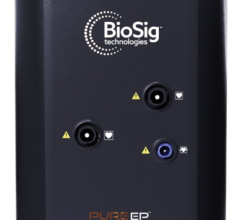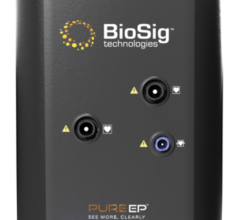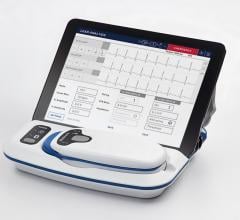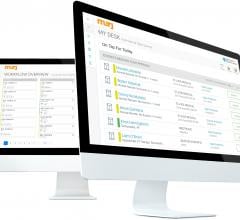Monitoring congestive heart failure patients for any worsening in their condition is based mainly on patient compliance to accurately weigh themselves every day and report any unusual symptoms. A technology introduced on Medtronic implantable electrophysiology devices may help to more closely monitor patients and alert physicians to any fluid buildup in the lungs before the patient detects any changes.
OptiVol fluid status monitoring is found on Medtronic’s latest wireless defibrillators, including the Consulta and Concerto cardiac resynchronization therapy defibrillators (CRT-Ds), and the Secura and Virtuoso implantable cardioverter-defibrillators (ICDs).
The device was tested in the Fluid Accumulation Status Trial (FAST) FDA trial from 2006 to 2008. The principal investigator was William T. Abraham, M.D., FACC, professor of internal medicine and director of the division of cardiovascular medicine at the Ohio State University Medical Center (OSU), Columbus. He said it’s a simple principle, using ICDs, pacemakers and CRTs already implanted in the body to help monitor patients. The device passes a small current through the tip of a lead to measure the resistance to the flow of electrons through the chest. As the lungs fill with water, the resistance falls. This sends an alert via Medtronic’s Carelink remote device monitoring system, or is detected with a wand during patient follow-up.
The study compared the device index to the gold standard of measuring weight. “The OptiVol performed much better than daily weight monitoring,” Dr. Abraham said. The sensitivity was 22 percent with weight measurement, compared to 76 percent with OptiVol. “We probably should not be as dependant on daily weight, but it is a standard of care because we haven’t had anything better.”
However, OptiVol is only an indicator and should not be used as a sole diagnostic tool. “It can’t be used in isolation, you can’t base your decision solely on the device data,” Dr. Abraham said. “It’s another piece of the monitoring data that goes into the clinical decision making.”
“We have a very large heart failure management program at OSU, with about 3,000 to 4,000 patients, many using the OptiVol technology,” he said.
No study has been conducted to evaluate if the feature lowers hospitalizations. However, Dr. Abraham said his experience with patients at OSU has shown a reduction in hospitalizations in some patients.


 May 03, 2023
May 03, 2023 





